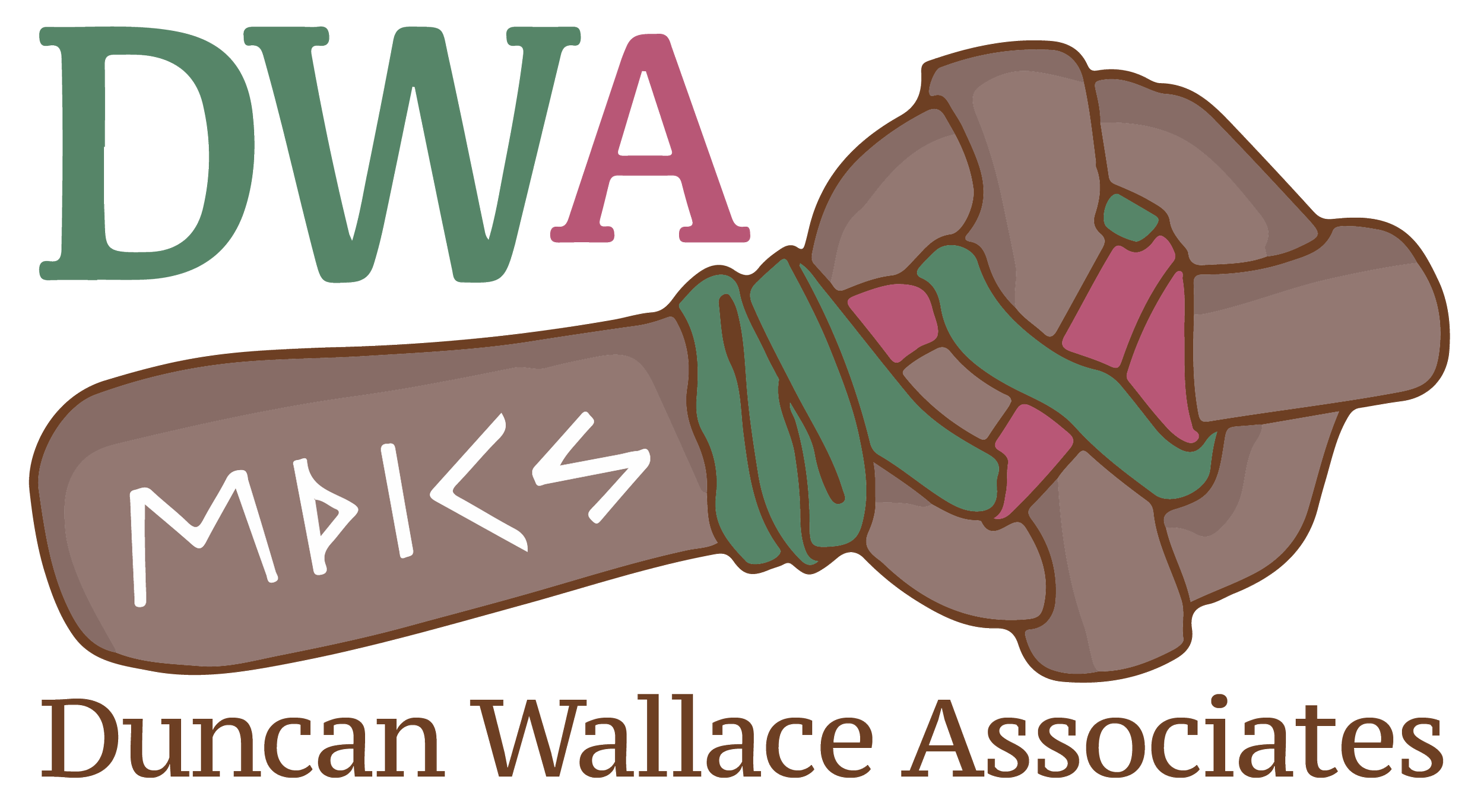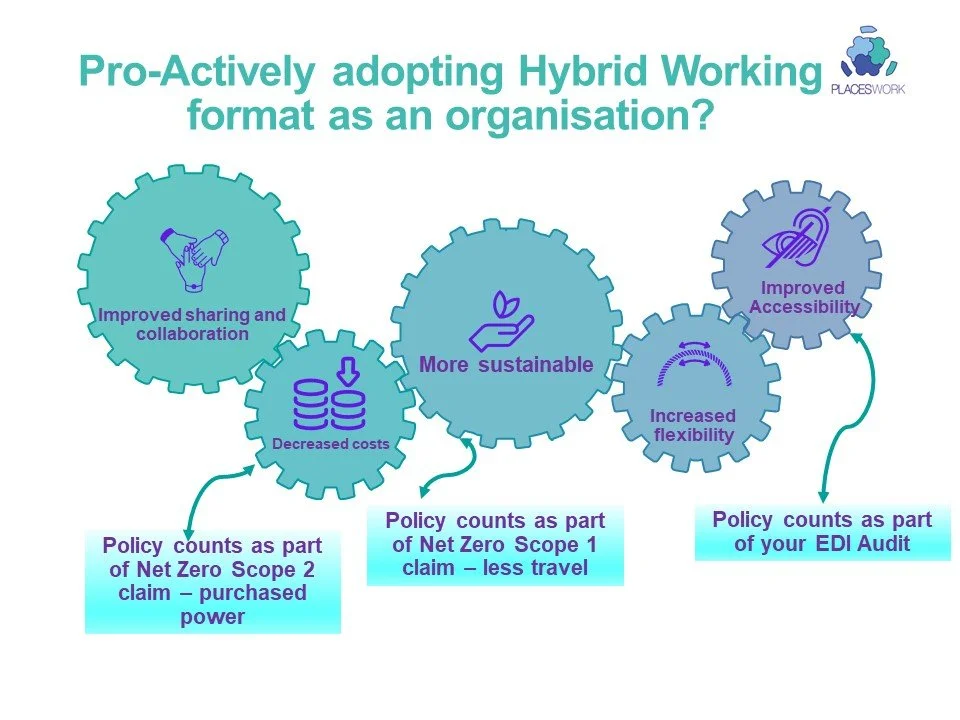Heroic Leadership - who is your role model?
Heroic Leadership is often part of quiet leadership, very powerful, because of how rooted, grounded and connected it is.
In this article you can meet my hero (recently deceased) and contemplate who are your role models. This is important, because who we pick as examples to us all, can shape our thinking and our social narrative for ourselves. And our social narrative for ourselves shapes our behaviours unconsciously in powerful ways.
An example of Heroic Leadership.
Meet David. This is a photo of him on this day, January 14, 2018, 6 years ago, hence I am publishing this article today. He is outside his flat in Portabello, Edinburgh, with me, in front of his VW Polo that he has just sold me.
I am sorry to say that you won’t be able to meet David Turner directly, as he died just over a year ago, age 98.
So it was when he was 92, that he decided it was right to no longer drive his car. As he explained to me,
“From now on I’m just going to cycle and walk. I am 96 and its a bit dangerous for others because its a big metal thing, whereas I can get about by bike, or walk, which is less dangerous.”
As we sat around David’s kitchen table, signing/exchanging documents and money, I asked him more about what he is up to just these days, for why he has come to the decision to pass on a car, that was in such good condition, with hardly any mileage. He explained that ‘these days’ his life is made up of caring for his wife Ida, who had dementia, and that’s pretty much a full time job with one trip out each day to sit by the sea. (which reminded me of how full on it was to have my mother in law living with us with dementia, and how trips to the sea were always calming). Then David said the following;
David and Ida at the beach in Portabello
“Apart from caring for Ida, getting the shopping in, cooking etc I don’t do much.. I am 96 and my body is getting a bit slower nowdays. So apart from that I am only involved in my quarterly meetings with the investment committee of Lothian Pension Fund, to get them to divest and the work I do organising the campaign against journeys of rendition for torture.. that’s all I can manage.”
“Wow” I reply, “If i get to be like you when I’m 92, I will be very happy with my life”
Researching your role models
I shared this photo on Facebook at the time and then started to discover more about David from the responses I got. It turns out David was the founder of The Rock Trust, which is now a large charity supporting young people across this region who find themselves homeless. He was also one of the founders of the the Fair Pension campaign, which has now joined up with the fair tax campaign to become significant in influencing our finance industry to have to listen and not just disinvest from fossil fuels, but actually to listen to the ethics of all of us. He also was key to CND in Scotland, and was a Conscientious Objector in WW2 (World War Two).
Seeing yourself in others - the dynamics of Leadership
All leadership is created by followership. If you don’t have followers, you cannot be a leader. Imagine Trump with no one supporting him… It is us, in our actions and beliefs as followers who co-create leaders.
I found myself identifying with David. First off I had also had a period where all my energy was taken up living with and being a carer for a loved one with Dementia. Secondly I have also been involved in campaigning about creating and influencing pensions that are controlled by proper planetary ethics. Thirdly I had also founded a homelessness charity, Emmaus Glasgow, that took a huge effort over years and continues to thrive today.
So my conclusion of wanting to be like David when I’m 96 is heartfelt. The humility he displayed when talking about giving up driving a car.. was awesome. So many people cling on to whatever power they have, determined not to lose any freedoms they have a right to… Yet here was David thinking about the safety of others before himself.
Using Role Models to go beyond your self-limiting beliefs.
How collective self-limiting assumptions operate and the courage to shift normal.
I use this when leading workshops about Immunity Mapping which you can read more about here.
A real encounter, like this one, enables you to get beyond your self-limiting belief system. Because I know David was real, shows me that I can be just like that if i choose to be. (Whereas fictional characters from Disney or Hollywood can’t have the same impact). In fact we know from psychology, that encountering people who are outside your social circles is one of the most effective ways of pursuing happiness.
Because I have related to David. Because I have met him, and I know what he was like and what he did to be true, I can’t deny that this sort of leadership of a life is possible.
So which older people can you speak to, finding about their lives who could be a role model for you?
How can you find out about people who’s example you choose to follow?
What can you learn about what is heroic to you?
Being a Heroic Leader - not me?
This year, in I became Scotlands Director of the Year for Innovation. Because of getting this Institute of Directors Award, this week I am meeting with the First Minister for Scotland.
The Innovation in business I am being recognised for is the work I have been leading, showing how all types of businesses can be playing their part in responding to the climate emergency, by adopting best practice in How to do Hybrid Meetings Effectively. In the act of consistently making meetings run smoothly when hybrid, businesses can consistently travel less for meetings. This saves money, time and the planet in the reduction of carbon.
Yet the truth is I feel let down by our political leaders. From my perspective, with hindsight, they didn’t do hardly anything to treat the emergency of the pandemic as also an opportunity to address the bigger crisis of the climate emergency.
They could have appealed to the business community to take the very obvious opportunity to travel less for business, and make it stick, make it properly done, and go properly hybrid.
What leadership could have been offered as we came out from the pandemic.
The true capacity of hybrid meetings is to be able to do multi-site meetings where everyone just travels to the site nearest them to be with colleagues.
This lack of political/visible policy left businesses to do whatever they want. Some have adapted to make hybrid meeting properly work, and you can see some examples here. But most haven’t. What most humans at work are experiencing is that hybrid working is happening, and meetings are either in person, or 100 remote, or pretty shonky and ineffective in the hybrid format. So workers aren’t enjoying the hybrid format of meetings, and so it is not being experienced as a viable 3rd way. Meaning that too many meetings have reverted back to in person, with all that travel time and carbon.
How to calculate ESG benefits of fully embracing hybrid meetings
Which also means that humans will continue to drift towards the big conurbations for meetings, de-populating local communities. And even though we saw some people moving out from the major conurbations because of hybrid working, this is mainly for the well resourced, the privileged, pushing rural housing prices up, and not in line with the true principles of community development and placemaking.
N.B. You can read more about the economic, ethical, social and governance benefits across the PlacesWork articles and materials.
These can easily be calculated using established carbon counting and EDI monitoring tools that all business are expected to do as part of their accounting in todays world. These are part of the ESG tools, which the IoD and others regularly do workshops on, and the B Corporation standards if your business is going down that route.
In my opinion what has been missing is seriously incentivising businesses to do everything they can do.. NOW… to respond to the climate emergency in the way they conduct their business.
Communities and Heroic Leadership
David was grounded and connected to his local community, as well as global in the causes he stood up for. He acted local and thought global. I think this connectedness was a great source of strength to my hero.
If the politicians had really wanted to embrace the full capacity of the opportunity, they could have appealed to all businesses to embrace hybrid meeting adaption properly and also enable their companies to be contributing to local place making. In stead, for now, it is a trend that doesn’t have economic policy backing. Leaving no strategy or sense of vision, or plan and just letting everyone decide for themselves.
An alternative vision is that we could have made PlacesWork.. -
What Places Work is all about as an innovation for all businesses.
Seeing the long term ethical opportunity in crisis is often heroic.
Perhaps heroic leadership is to see beyond the current short term crisis, address it and also lead for the long term.
In life, and in workplaces, we are often faced with more than one emergency at the same time. It is often the job of true heroism in these situations to discern what the priorities are, and to view crisis as ‘hidden opportunities’. In fact the Chinese make up the character for ‘Crisis’ out of the character for ‘Hidden’ combined with the character for ‘Opportunity’.
In the context of WWW2 we were led by Arthur Woodburn and Anton Beverage to seize the opportunity of a National Health Service, recognising that enabling others to also be healthy, increases our shared prosperity and economy.
Why David is my example of Heroic Leadership - a final word.
David was 96, yet he embraced innovation.
David certainly cared about the planet.
Last May it was a privilege to get to go to his Quaker memorial meeting, where we sat and gathered to mark both his and Ida’s lives. During the meeting I learnt so much. Both about their lives and their loves, but also, I hope, about myself and my what pathways I aspire to follow.






